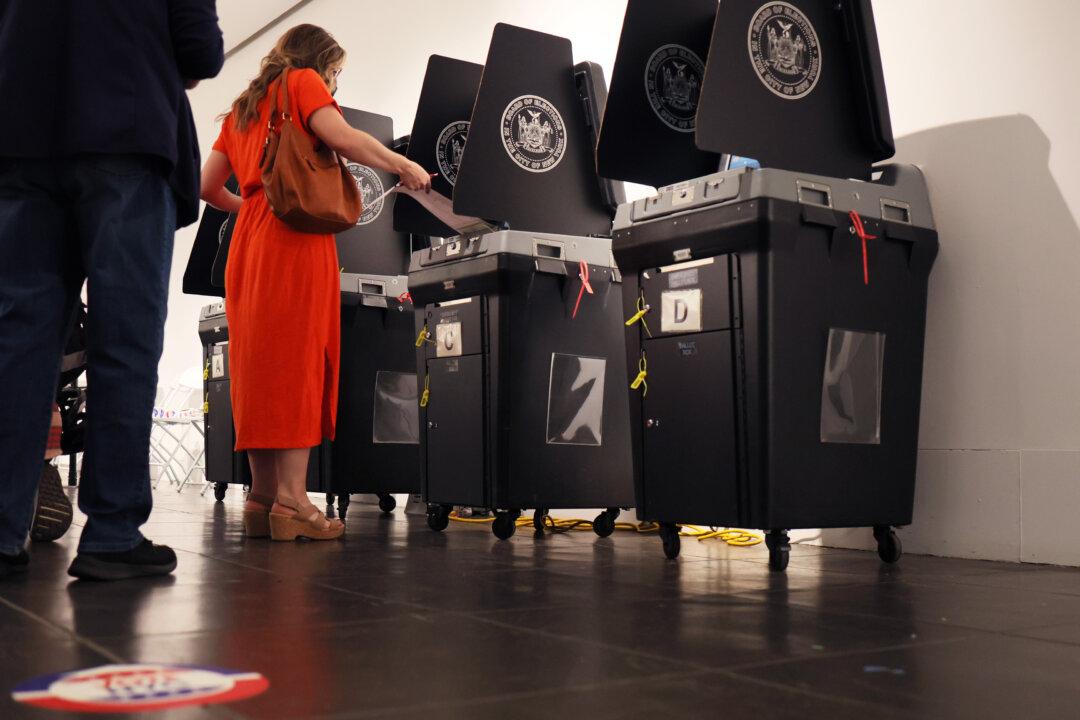An appeals court in New York upheld a state absentee ballot law on Nov. 1, reversing an earlier ruling that found the law unconstitutional.
The law, enacted in 2022, states that “in no event may a court order a ballot that has been counted to be uncounted.” New York Supreme Court Justice Dianne Freestone ruled in October that the clause violated the Constitution and ordered all election boards in the state to segregate absentee ballots and hold them until a post-Election Day canvass.





